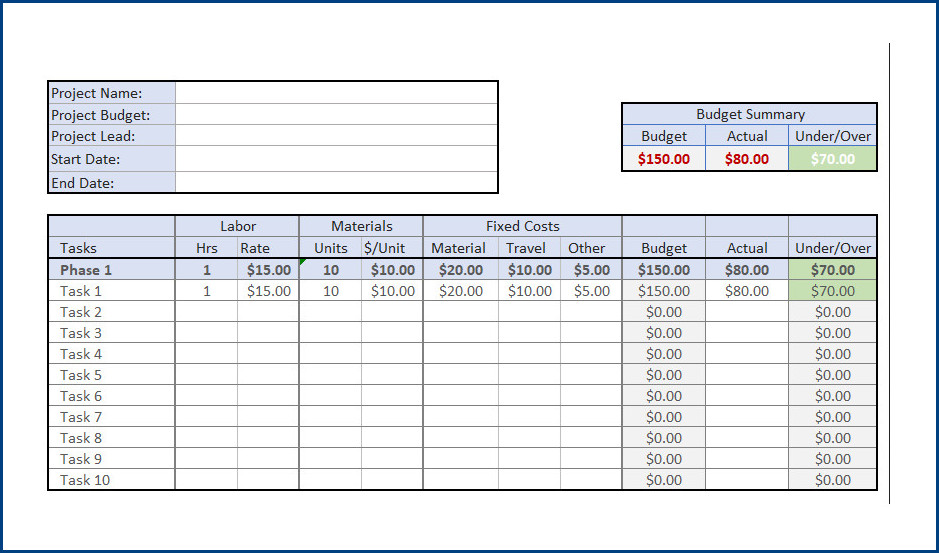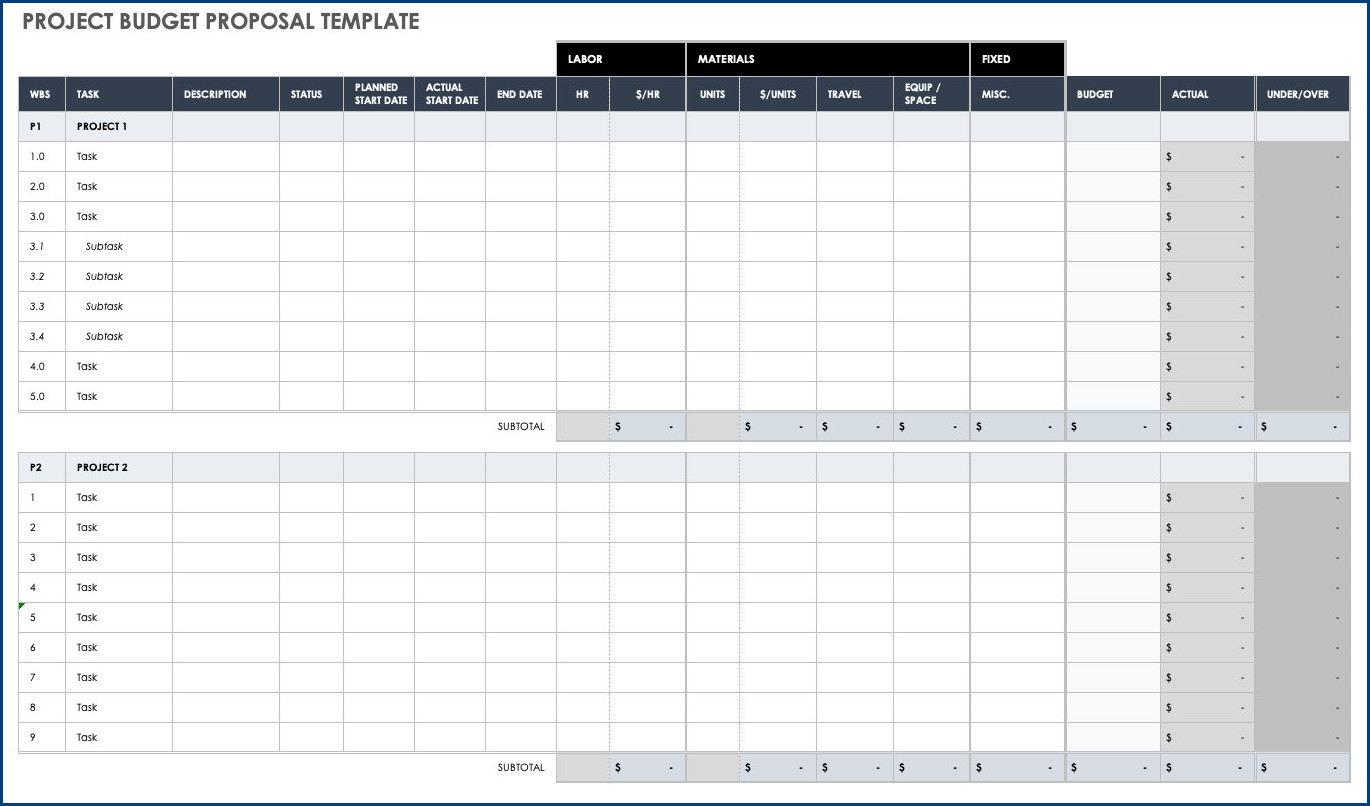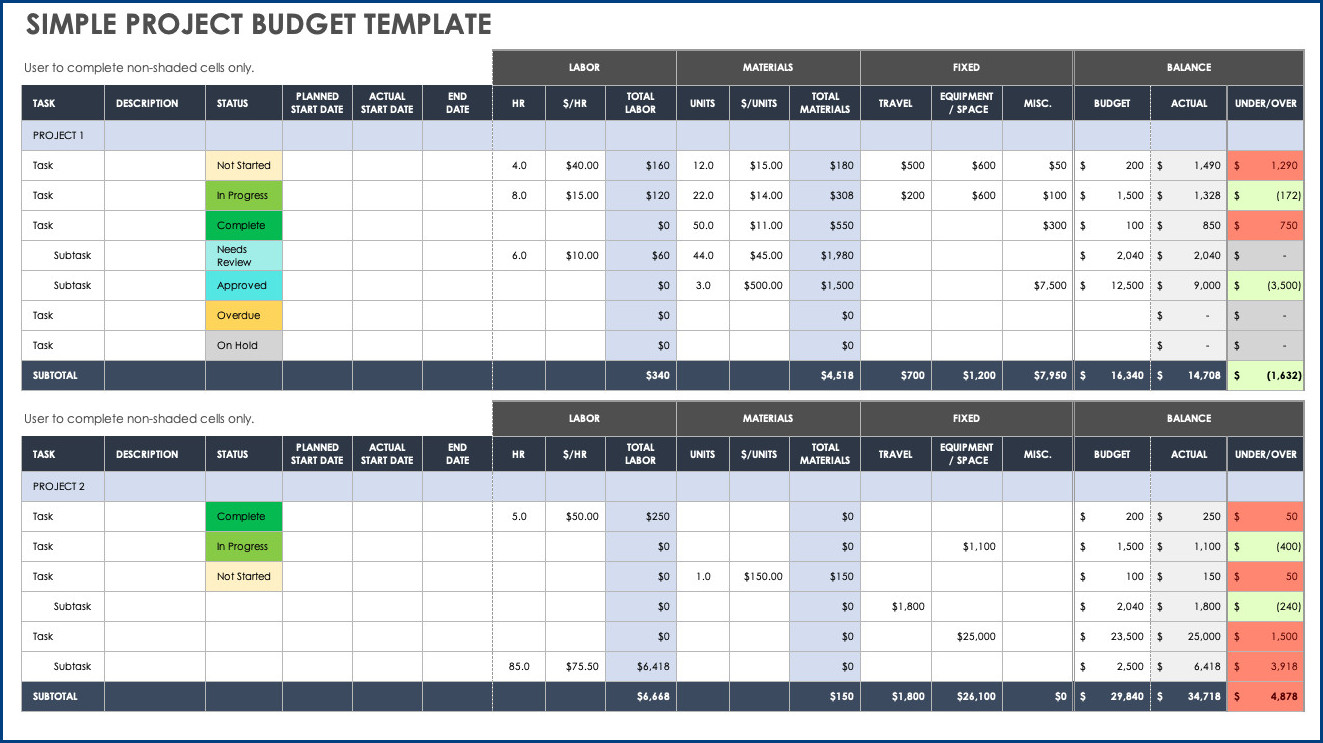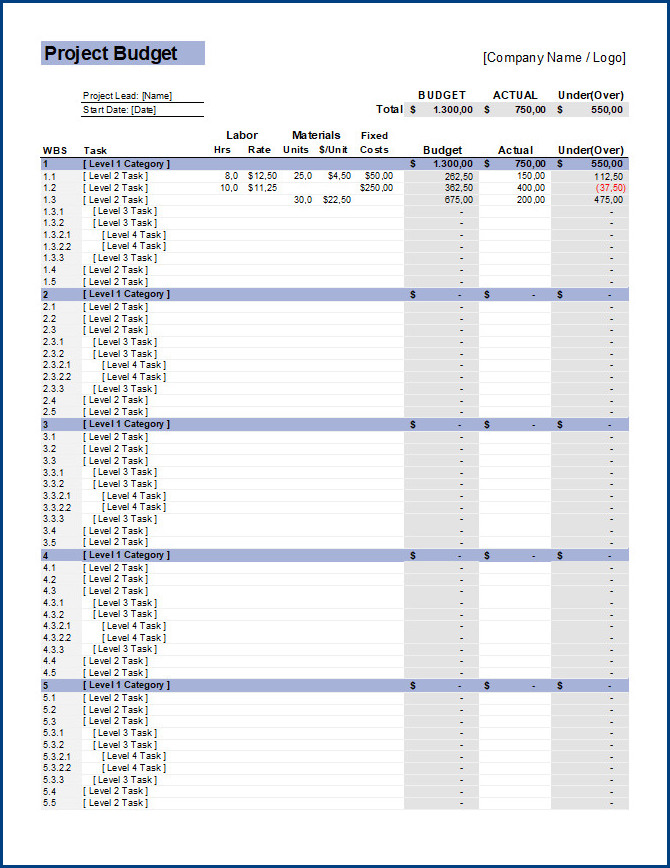What is a project management budget?
A project management budget refers to a detailed financial plan that outlines the estimated costs and expenses associated with a particular project. It serves as a crucial tool for project managers to track and control the financial aspects of the project throughout its lifecycle.
The purpose of a project management budget is to provide a clear understanding of the financial resources required and how they will be allocated to achieve project goals. By setting a budget, project managers can identify potential risks, allocate resources effectively, and make informed decisions to ensure the project stays within the available financial constraints.
The benefits of having a project management budget are manifold.
- It helps in ensuring financial accountability and transparency. A well-defined budget provides stakeholders with a clear picture of the project’s financial health and progress.
- It enables them to evaluate the project’s feasibility, make necessary adjustments, and allocate additional funds if required.
- A project management budget serves as a benchmark to measure and monitor the project’s financial performance.
- It allows project managers to track actual costs against the planned budget, identify any deviations, and take corrective actions promptly.
Moreover, a project management budget plays a vital role in resource allocation and prioritization. It helps project managers in determining the allocation of funds to specific activities, tasks, or resources. By having a clear overview of the budget, project managers can make informed decisions regarding resource allocation, ensuring that the right resources are available at the right time. This, in turn, increases efficiency, minimizes wastage, and enhances the overall project success rate. Additionally, a budget enables project managers to prioritize tasks and activities based on their financial impact, allowing them to focus on critical activities and optimize resource utilization.




How to Make a Project Budget
Here are the steps to make a project budget:
- Identify the project objectives: Before creating a budget, it is crucial to clearly define the project objectives. This helps in determining the scope of the project and the resources needed to achieve those objectives.
- Estimate project costs: The next step is to estimate the costs associated with the project. This includes both direct and indirect costs such as labor, materials, equipment, and overhead expenses. It is important to consider all potential costs to avoid any unexpected expenses later.
- Allocate resources: After estimating the costs, allocate the necessary resources to different tasks or activities. This involves determining the number of team members, their roles, and the amount of time and effort required from each person to complete the project.
- Consider contingencies: It is essential to include contingencies in the project budget to account for any unforeseen circumstances or risks. This can be done by setting aside a certain percentage of the budget for unexpected expenses or delays.
- Monitor and track expenses: Once the project budget is established, it is important to regularly monitor and track the actual expenses against the budgeted amounts. This helps in identifying any deviations and taking corrective actions if necessary.
By following these steps, you can create a comprehensive project budget that covers all the necessary expenses and resources required for the successful completion of the project. It is important to regularly review and update the budget throughout the project to ensure that it remains accurate and aligned with the project objectives.
Project Management Budget Template | Excel – Download
